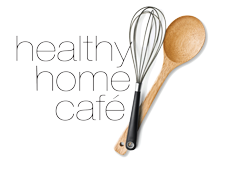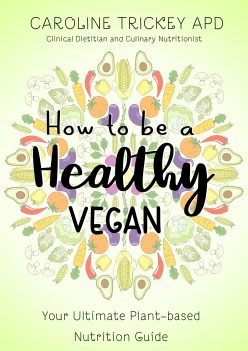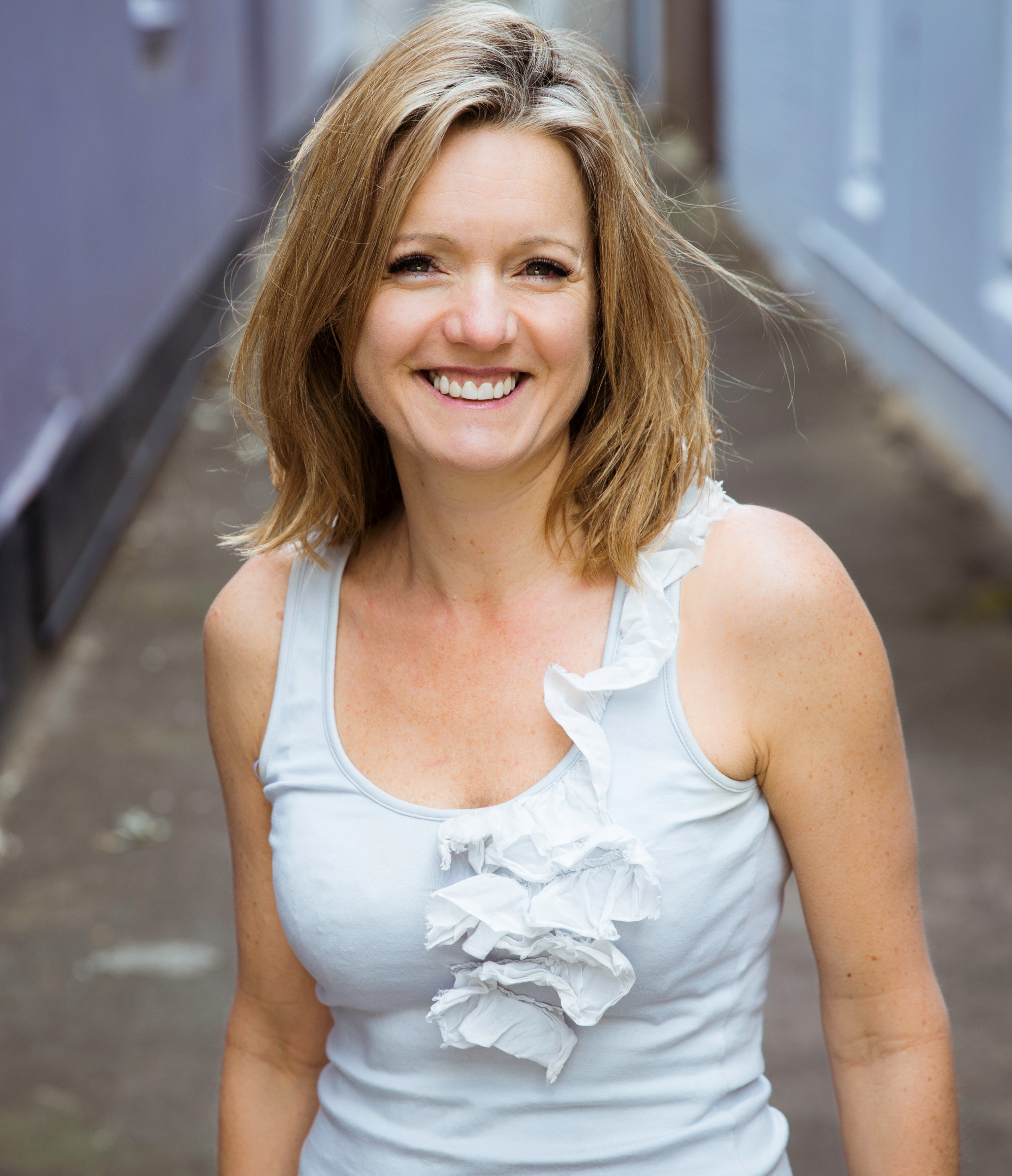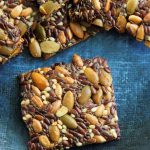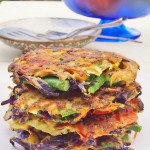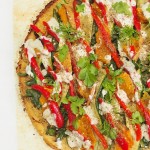Who Are You Getting Your Nutrition Advice From?
Beware the Nutrition Expert
David Katz on Nutrition Experts
This is an exert from David Katz’s article that you can link through to above
“I don’t think someone who has been a passenger on a plane is automatically a credible source about how to fly one. I don’t think anyone who has driven over a suspension bridge necessarily knows how best to build one. I don’t think someone treated once by a neurosurgeon gets to offer expert commentary on the nuances of brain surgery.
I trust these examples all seem pretty silly. We would never allow for claims of expertise, and cottage industries based on them, to be established on such flighty nonsense.
Unless, of course, the claims of expertise and cottage industries pertained to nutrition and weight loss — in which case, that’s exactly what we would do. It’s exactly what we are doing.
Everyone who has ever gotten fat and then lost weight is embraced as an expert, fully authorized by our culture to dispense advice and sell books advising others on how to succeed. For the most part, every one of these makes a case different from every other — and yet every one is convinced they have found the universal formula. And over and over again, the faithful, or hopeful, line up and reach for their credit cards.
Don’t get me wrong — I am delighted for very individual who figures out how to lose weight, and more importantly, find health. I am delighted each time someone finds a path they can follow to lasting vitality. But the notion that this automatically registers as expertise is exactly analogous to the car crash and kitchen fire examples above. In any area other than nutrition and weight control, we would either laugh or roll our eyes.
Everyone who has ever eaten seems to be granted an equally authoritative opinion about nutrition.
This is not just nonsense. It’s dangerous nonsense.
I am not arguing that nutrition is special and should be treated differently simply because it is one of the most profound influences on human health (it is). I am not arguing that nutrition should be treated with particular respect because it makes the list of top three causes of premature death and chronic disease, and can exert a positive influence just as great (it does). I am not suggesting that nutrition should be shown unique deference because it represents the construction material for the growing bodies of children and grandchildren we love.
Quite the contrary; I am saying we need to stop treating nutrition differently. We simply need to treat it as we do any other subject that matters, and a whole lot of harm and confusion would go away. We need to stop treating nutrition with unique disdain.
What harm ensues from that disdain? Every silly diet to come down the pike gets the same treatment. I know this, because I do multiple media interviews every week about whatever the fad diet du jour happens to be (the latest theme is intermittent fasting, by the way). These diets are then featured on television and in print in a way that gives them all comparable credibility. And we are all kept in a state of perpetual confusion about what’s what.
The result? We already have far too many silly diets than any one of us could try in a lifetime, and we just keep getting fatter and sicker all the while. Competing versions of dogma are a catalyst for nothing but dissent and quagmire.
The recurrent promise of magic from sources given credibility they don’t deserve forestalls the unified, culture-wide commitment to eating well and being active that really could add years to our lives, and life to our years. And yes — we really do know what eating well means. We are not by any means clueless about the basic care and feeding of Homo sapiens, and how bizarre it would be if we were! Our knowledge of optimal nutrition is by no means perfect, but it is genuine knowledge — and there is no need to make perfect the enemy of good.
….
All it would take to fix this stultifying mess is to treat nutrition and weight management like every other legitimate field of inquiry. With no more respect than all the others, but no less either.
We don’t care what people not trained to do neurosurgery think about neurosurgical technique. They are not qualified to opine. When it comes to building airplanes or suspension bridges, we want to hear from the right kinds of highly-trained engineers, not some character who happened to ride in a plane once, or drive across a bridge. When it comes to flying those planes, we want things in the hands of trained pilots — not some guy with a lot of frequent-flyer miles and strong convictions. And I’m confident we want special military operations delegated to our elite troops, and not someone who saw Zero Dark Thirty and came out convinced he could have done a better job.
For now, anyone who shares opinions about nutrition or weight loudly and often enough — or cleverly enough — is embraced as an authority, with no one generally even asking what if any training they’ve had. This is compounded by the fact that, in the famous words of Bertrand Russell, “Fools and fanatics are always so certain of themselves, but wiser men so full of doubts.” It is the least substantiated, most uninformed opinions about how to eat that will come at you with the greatest conviction. That’s your first clue that something is awry, because true expertise always allows for doubt.
We have created a seething stew of opinion about everything to do with nutrition, including, presumably, stew. That leaves us with far too many cooks, many lacking credentials to be in the kitchen in the first place. I trust everyone knows what that means.”
And a great post by a fellow dietitian who also finds this issue very frustrating…
What to do when people prefer popularity and pseudoscience over professionalism
